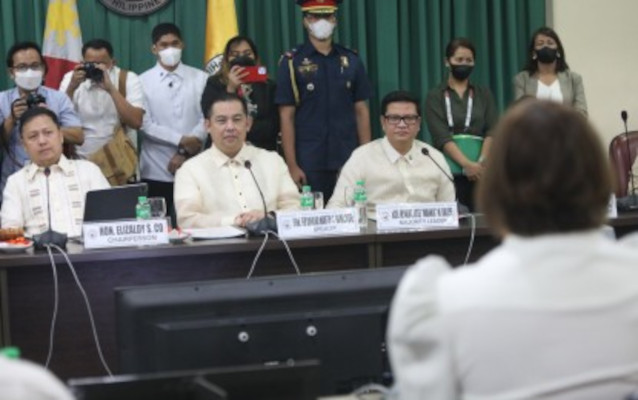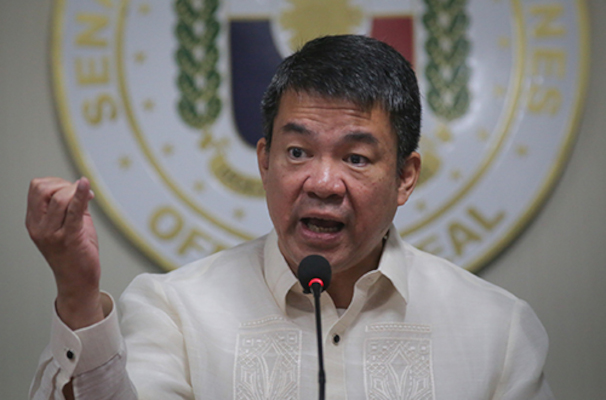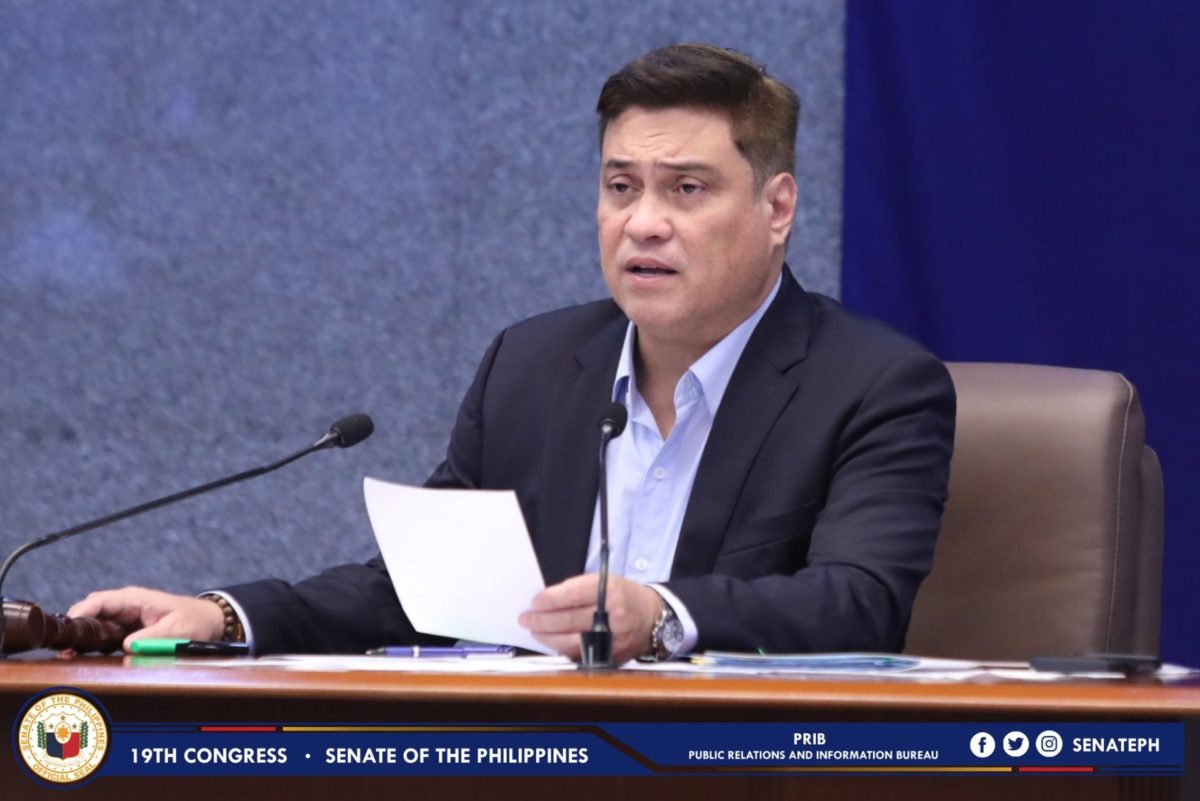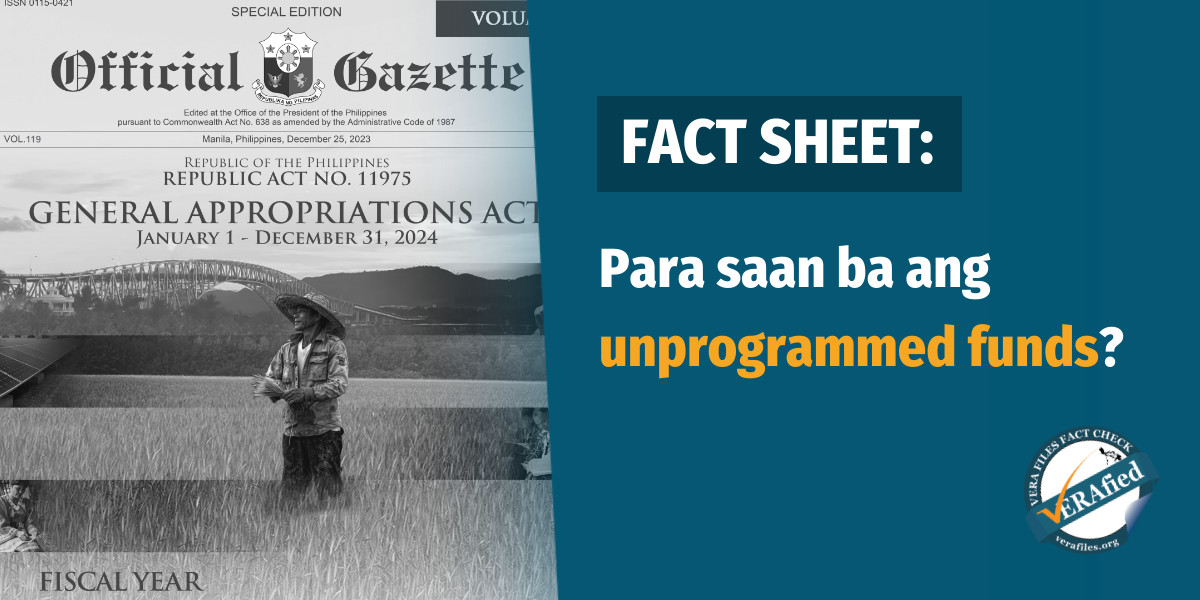The government’s proposed national budget for 2023 is heavy with confidential and intelligence funds, but it is bereft of amounts needed to produce intelligent students, provide roofs for the homeless and pay for health workers’ benefits.
And while poor Filipinos are struggling with rising prices of basic food items, we see photos and social media posts of parties at Malacañan Palace, with President Ferdinand Marcos Jr., his immediate family, high government officials and friends in attendance.
Sen. Imee Marcos described the Palace parties as “simple,” probably compared with those they had during the time of her father.
Isn’t it insensitive to hold those parties when they know that most Filipinos have yet to recover from the coronavirus pandemic and are hardly coping with rising prices?
Many of the president’s allies in Congress attended the parties. Would they still get invitations to such social events if they exercise their promised independence in their lawmaking duties? Are they afraid of not getting their share for their pet projects in their districts if they closely examine the appropriations?
Instead of scrutinizing the budget allocations, lawmakers are virtually giving the agencies blank checks for their spending programs, specifically lump sums that would not go through the regular auditing process. The offices with whopping confidential and intelligence funds breeze through the public hearings at the House of Representatives.
They either limit questioning or do not ask any question at all on the budget proposals, invoking courtesy to a co-equal branch of government. But aren’t lawmakers supposed to keep the executive branch in check to make sure that public funds are distributed equitably and disbursed judiciously? Doesn’t that constitute neglect of duty?
Or, are we expecting too much from a legislature that is controlled by a supermajority who are allies of the president and the vice president?
The National Expenditure Program (NEP) — the budget document prepared and submitted to Congress for its approval — defines confidential expenses as surveillance-related activities in civilian government agencies that are intended to support the mandate or operations of the office. The release of these funds is subject to the approval of the head of the concerned agency.
The Commission on Audit (CoA) describes intelligence expenses as “those related to intelligence information-gathering activities of uniformed and military personnel, and intelligence practitioners that have direct impact on national security.”
The Office of the President (OP) is asking for a P9.03 billion budget for 2023. Of this, P4.5 billion is in confidential and intelligence funds, the same amount former president Rodrigo Duterte had in his last three years in office. Duterte’s predecessor had only P250 million each for confidential and intelligence funds a year.
The OP is also asking for P893.97 million for “local/foreign missions and state visits.” This is P357.49 million more than this year’s P536.48 million budget for the same purpose.
The president is currently in New York City for a six-day trip, primarily to attend the opening of the United Nations General Assembly.
The Office of the Vice President’s (OVP) budget proposal for 2023 is more than triple the P702 million received by the office this year, under a budget approved for former vice president Leni Robredo. Under Vice President Sara Duterte-Carpio, the OVP is asking for P500 million in confidential funds and P2.2 billion for “good governance engagements and social service projects.”
Duterte-Carpio would have an additional P150 million confidential funds from the Department of Education.
The Office of the Ombudsman, the agency mandated to prosecute corrupt public officials and their cohorts, will have its share of P51.4 million in confidential funds in its budget for 2023.
While these agencies have huge amounts in lump sum confidential and intelligence funds that are not subject to regular liquidation, the Commission on Higher Education had to turn down the request of 205,584 students seeking financial assistance through the Tertiary Education Subsidy (TES) because its P30-billion budget for next year could not accommodate them. The TES program is for those enrolled in private schools in areas without a state or local university or college and those from families under the unconditional cash transfer program.
The housing sector’s allocation of P4.03 billion for 2023 is 48% lower than its current budget of P7.67 billion. The Department of Human Settlements and Urban Development originally proposed a budget of P95.98 billion but the Budget department approved only P4.03 billion, of which P2 billion will go to the National Housing Authority, P1.09 billion to the DHSUD, P500 million for Social Housing Finance Corp., and P431 million for Human Settlements Adjudication Commission.
The Department of Health is also appealing to Congress to provide a P64-billion budget for the health workers’ One COVID Allowance and to restore the P500 million cancer assistance fund.
With such large amounts provided for confidential and intelligence funds but too little for basic services like education, health and housing, isn’t the government being insensitive to the needs of the poor and less privileged Filipinos whom it is sworn to serve? Is it so insecure it needs such huge amounts for “security-related activities?”
The views in this column are those of the author and do not necessarily reflect the views of VERA Files.
This column also appeared in The Manila Times.





